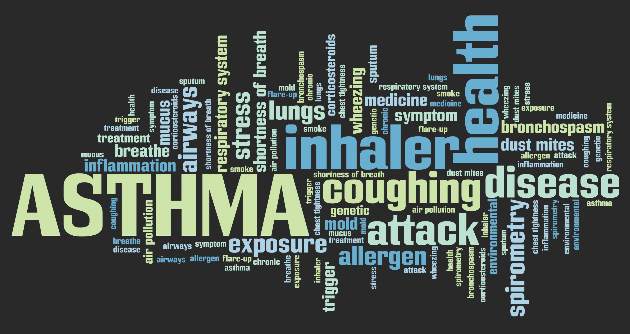FROM THE NEW ENGLAND JOURNAL OF MEDICINE
As-needed use of acetaminophen for fever or pain does not exacerbate mild persistent asthma in young children, according to a report published online August 18 in the New England Journal of Medicine.
In a prospective, randomized, double-blind clinical trial performed at 18 U.S. medical centers, neither acetaminophen nor ibuprofen raised the rate of exacerbations or impaired asthma control among 300 children aged 1-5 years. This result refutes those of observational and post hoc data that linked acetaminophen to increased asthma exacerbations, daily symptoms, and need for bronchodilators in children and adults. Those findings “have led to much controversy and even alarm,” with some physicians recommending that acetaminophen be completely avoided in children with asthma until more safety data became available, said William J. Sheehan, MD , of the division of allergy and immunology, Boston Children’s Hospital and Harvard Medical School, Boston, and his associates.
The investigators performed this 2-year study to obtain such safety data. The children (median age, 40 months) were randomly assigned to receive either liquid acetaminophen (150 patients) or matching liquid ibuprofen (150 patients) as needed for pain, fever, or discomfort and were followed for 46 weeks. All the participants received standard asthma-control therapies including inhaled glucocorticoids, oral leukotriene-receptor antagonists, and as-needed inhaled glucocorticoids.
The primary outcome – the mean number of asthma exacerbations – was 0.81 in the acetaminophen group and 0.87 in the ibuprofen group, a nonsignificant difference. The rate of exacerbations also did not differ between acetaminophen and ibuprofen in the subgroup of 226 children who completed the entire trial or in the subgroup of 200 who received a study medication for pain or fever at least once during follow-up, Dr. Sheehan and his associates said (N Engl J Med. 2016 Aug 18. doi: 10.1056/NEJMoa1515990 ).
There also were no significant differences between the two study groups in time to first asthma exacerbation, percentage of days of good asthma control (85.8% vs. 86.8% of days), use of rescue albuterol (2.8 vs. 3.0 inhalations per week), or unscheduled health care visits for asthma (0.75 vs. 0.76 visits). No between-group differences occurred regarding adverse events or serious adverse events.
Some experts have suggested that the observational studies reporting a link between acetaminophen and asthma exacerbations may have been flawed by “confounding by indication,” because children with asthma have more symptomatic respiratory infections than do those without asthma and use more acetaminophen for fever and malaise. “We [also] observed that greater use of antipyretic, analgesic medications was associated with more apparent respiratory illnesses and that the reported respiratory illnesses were associated with asthma exacerbations.
“However, we found no evidence that acetaminophen, when used during periods of respiratory illness, was associated with a higher risk of asthma exacerbations or other asthma-related complications than was ibuprofen,” Dr. Sheehan and his associates wrote.
This study was funded by the National Institutes of Health and the National Heart, Lung, and Blood Institute. Dr. Sheehan reported having no relevant financial disclosures; his associates reported numerous ties to industry sources.




